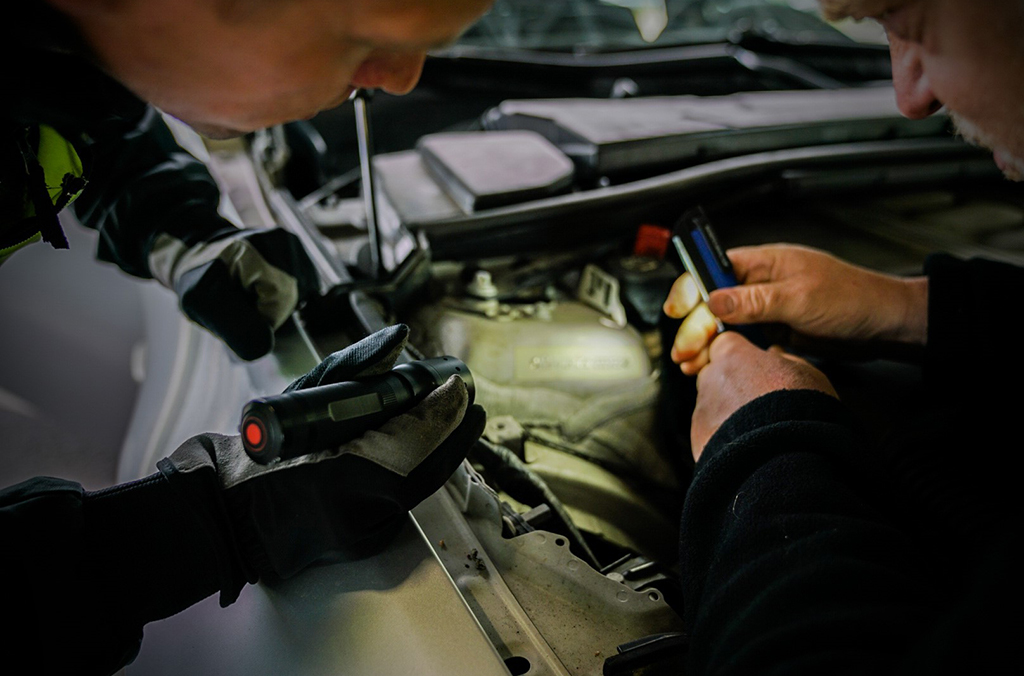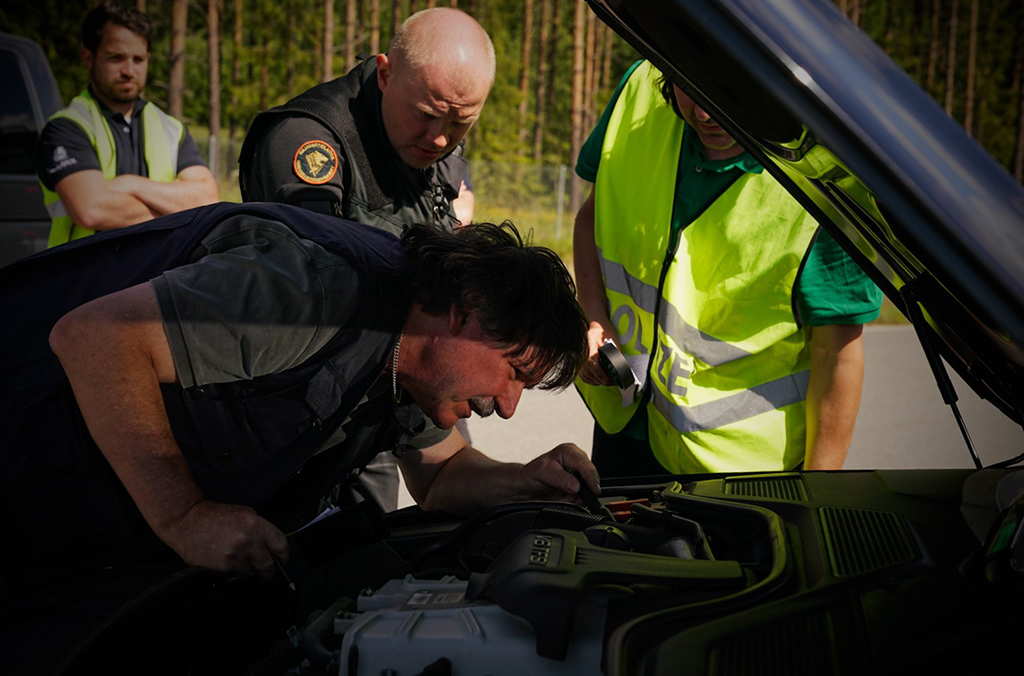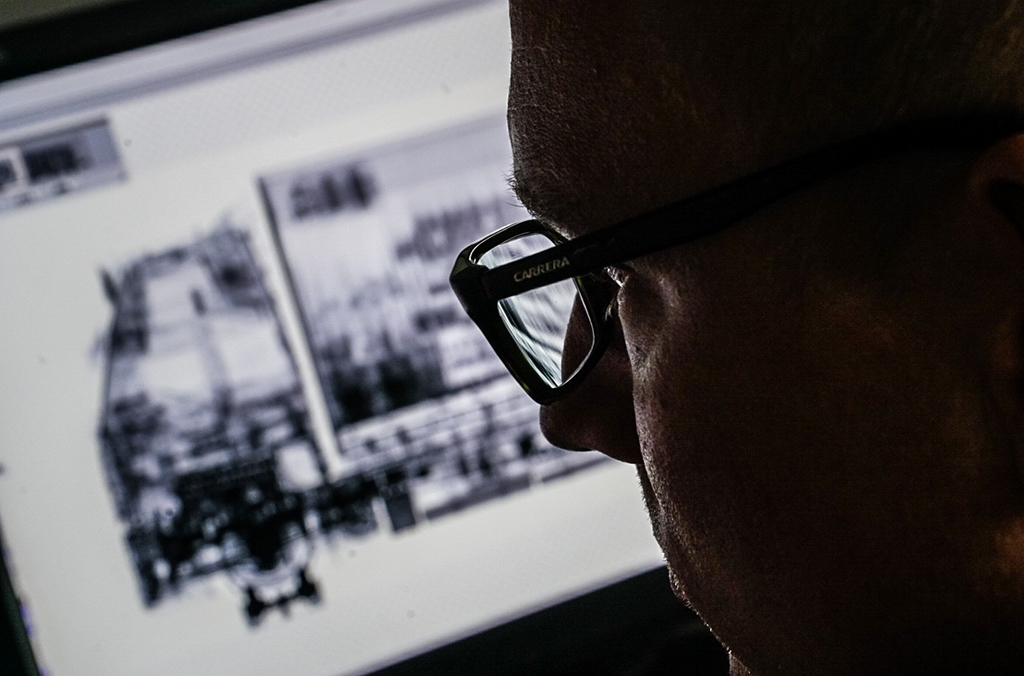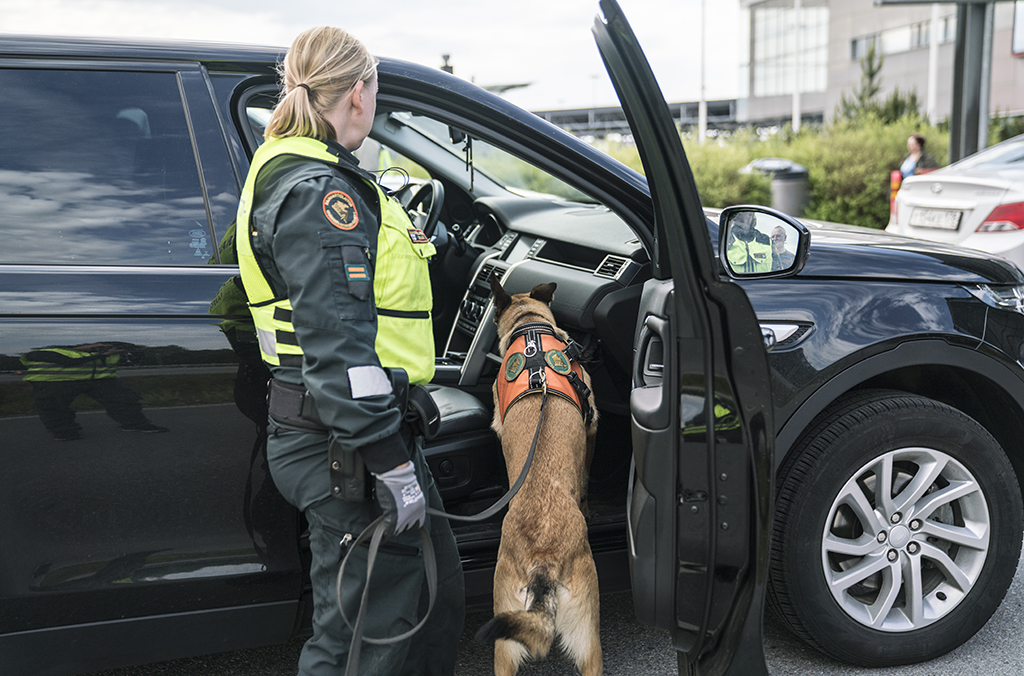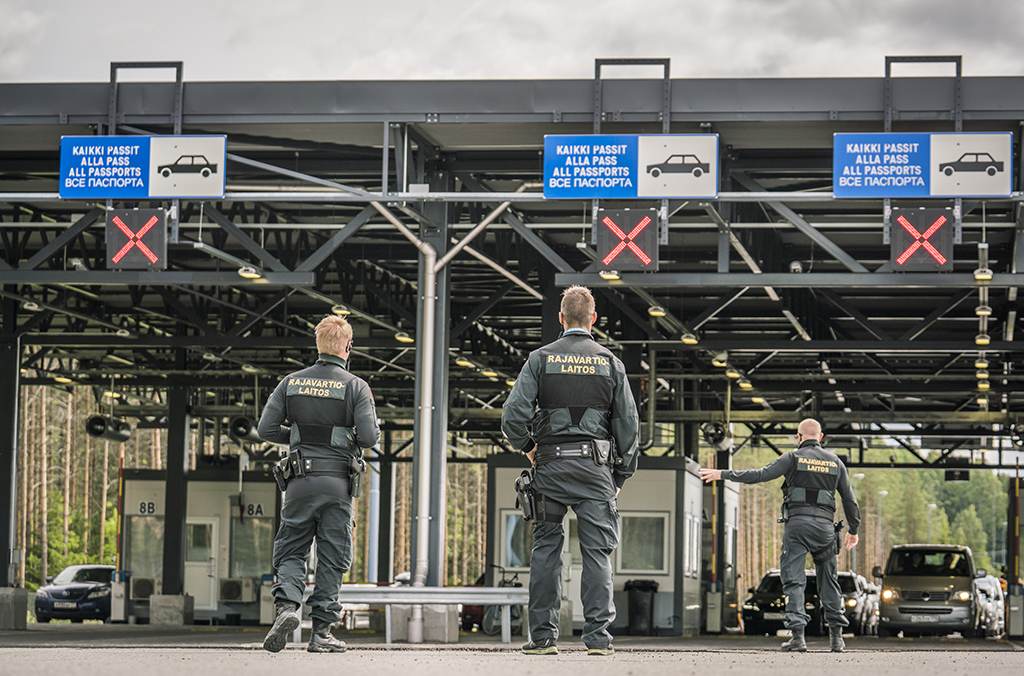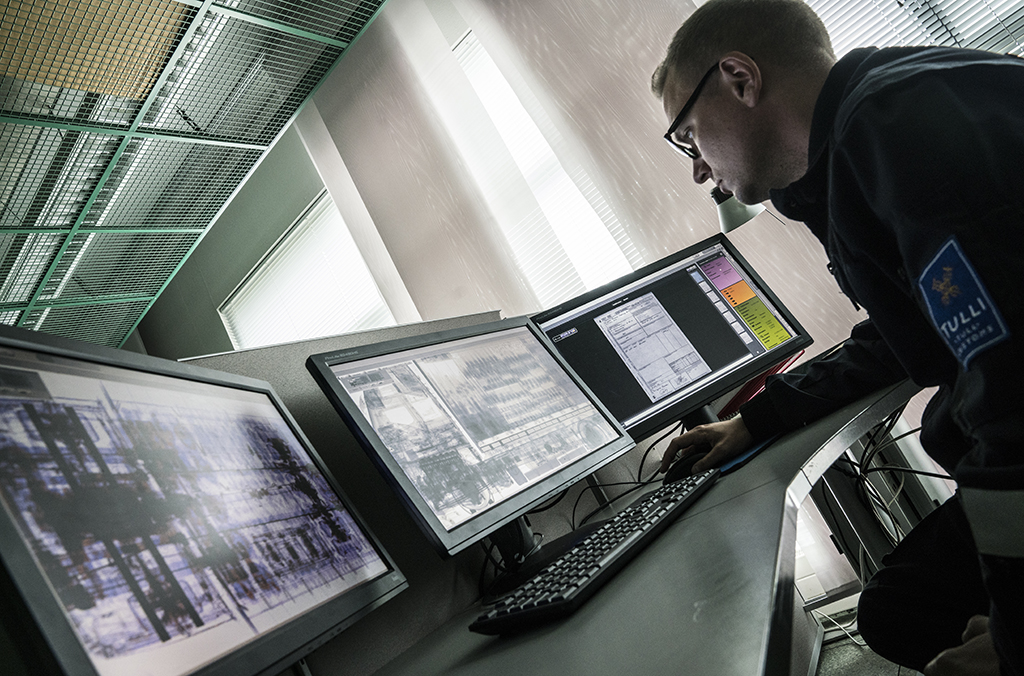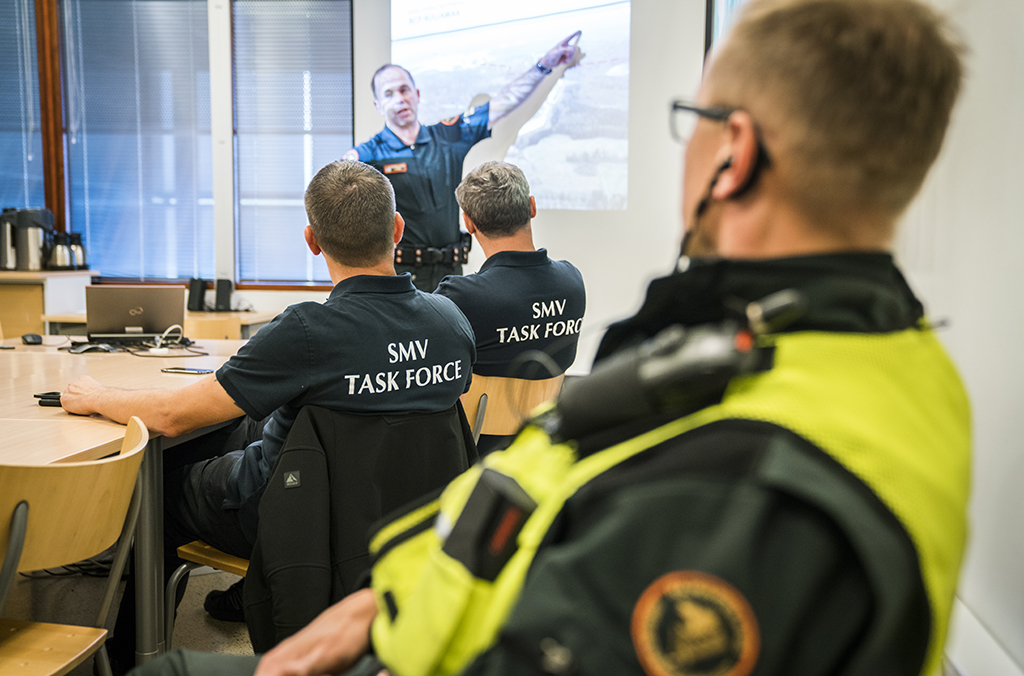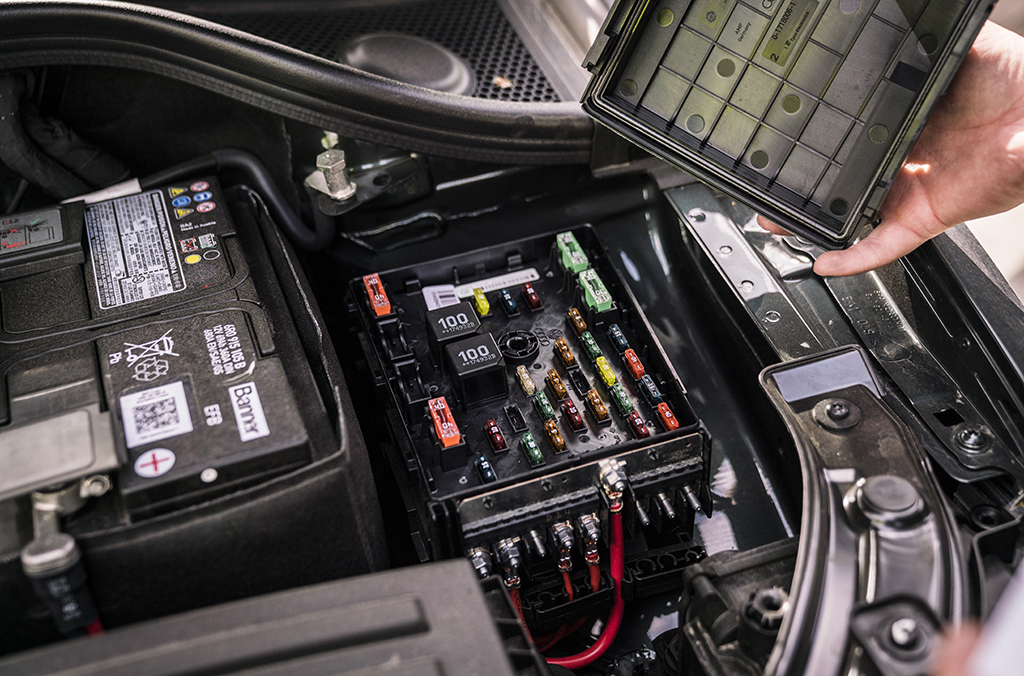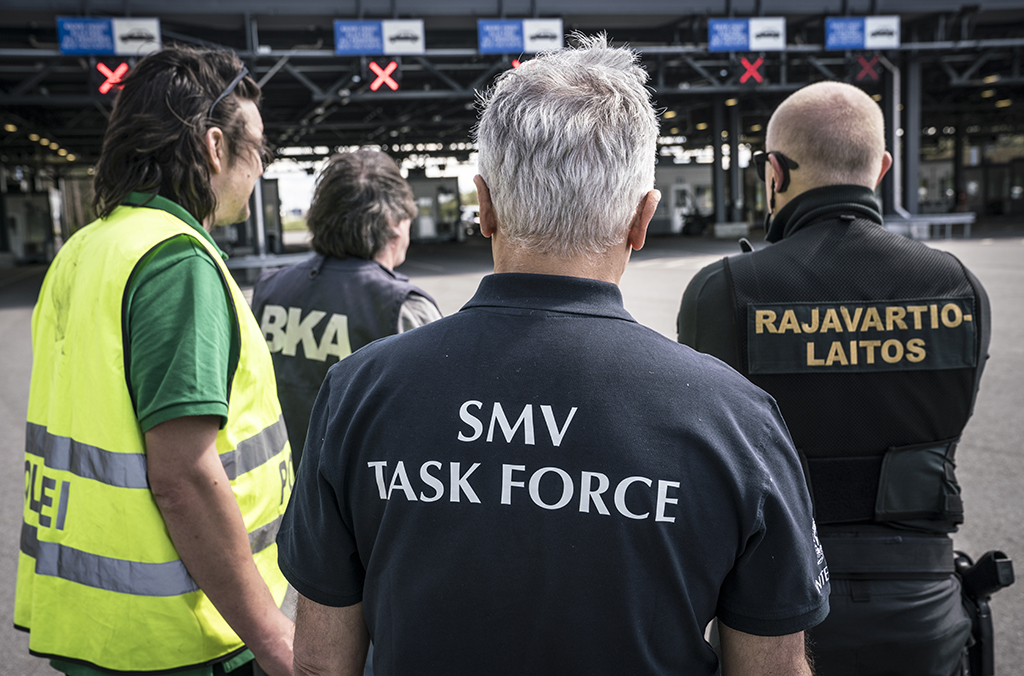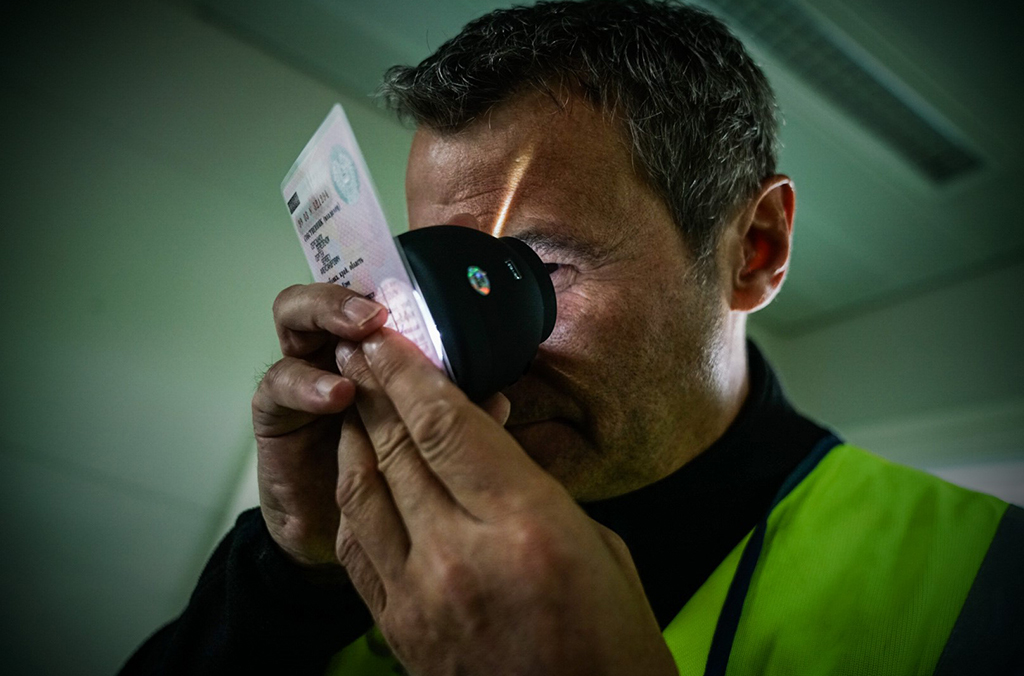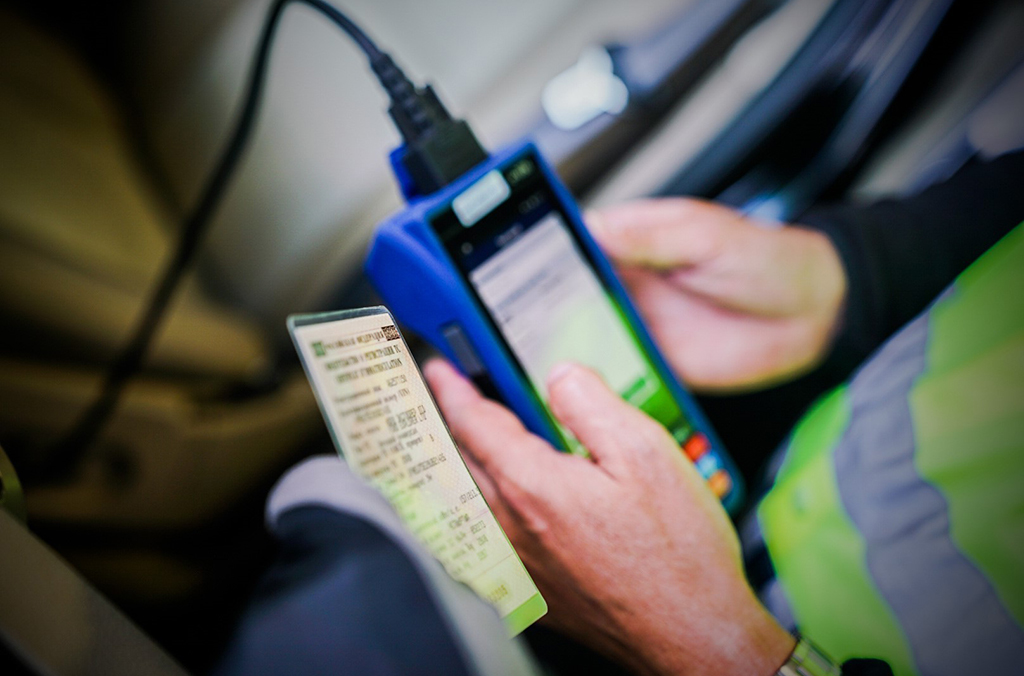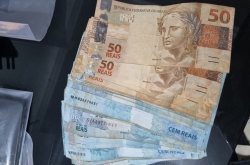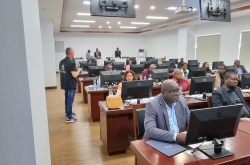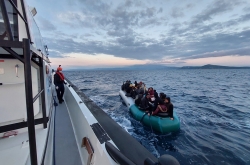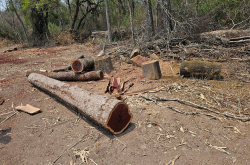VAALIMAA, Finland – An operation supported by INTERPOL on the Finland-Russia border aimed to establish a stronger law enforcement network to better address crimes related to stolen motor vehicles.
With 1,245 cars checked across the four-day operation last month, information gathered during the initiative is being analyzed to identify potential links with other criminal activities.
The operation was carried out immediately before the opening of the Football World Cup in Russia so as to determine links to the transnational organized crime activities often associated with major international sporting events.
A transnational organized crime
“The important aspect of vehicle crime is a highly organized criminal activity affecting all regions of the whole world and with clear links to organized crime and terrorism. Cars stolen in Europe have been found as far away as South America and Australia,” said INTERPOL Executive Director of Police Services, Tim Morris.
“They can be the means of transport for bank robbers; illegal drugs are paid for with stolen vehicles; victims of human trafficking are regularly discovered in stolen vehicles; and car bombs are often hidden in stolen vehicles,” added Mr Morris.
Tomi Aalto, operation coordinator with the Finnish Border Guards, said: “Such operations help update our knowledge and establish best practices against the modus operandi of criminals who use stolen cars notably to smuggle cigarettes and drugs across Europe.”
Global police tools
As part of INTERPOL’s efforts to provide policing capabilities which support member countries to fight and prevent transnational crimes, INTERPOL runs a database on stolen vehicles, carries out training and field operations, and works with manufacturers.
At the end of 2017, it contained more than 7 million records from 126 countries. Around 118,000 stolen motor vehicles were identified worldwide in 2017 through the database.
“INTERPOL’s database on stolen vehicles allows police in our member countries to run a check against a suspicious vehicle and find out instantly whether it has been reported as stolen. An international database of this nature is crucial against the trafficking of vehicles across national borders,” said Renato Schipani, who coordinates INTERPOL’s efforts against stolen motor vehicles.
Operational support
The INTERPOL Task Force on Stolen Motor Vehicles can be deployed at the request of a member country to provide support for major vehicle operations, typically at border crossings or sea ports.
Since 2009, it has supported 14 operations and contributed to the seizure of 150 stolen vehicles as well as the arrest of some 100 individuals.
It brings together police officers as well as private investigators, who are all experts in the field of vehicle crime investigations.
Through its activities, the task force enhances the effectiveness of operations by providing access to an increased number of identification and search tools as well as expertise. It also serves as a networking platform for vehicle crime experts to share skills and expertise internationally.
Technology and partnerships
Criminals are increasingly able to exploit the technology behind vehicle key fobs to steal cars by intercepting the signals from the key fob that is used to open vehicles and start the ignition. They can do this from close to people’s homes, replicating the signal and stealing the vehicle in a matter of minutes.
“Fighting transnational vehicle crime can only be effective if the law enforcement community innovates in line with rapid technological progress at a time when criminals are increasingly exploiting modern technology,” continued Mr Morris.
“In fighting transnational organized crime, for INTERPOL, stolen motor vehicles should be seen as the ‘vehicle’ facilitating a range of crimes affecting all sectors which need to work together against this type of crime,” added Mr Morris.
Highlighting the need for strong cooperation between law enforcement agencies and the private sector to share information, technologies, best practice and case studies so as to better understand and tackle transnational organized car crime, Operation Fincar involved a range of stakeholders on the ground: Finnish National Criminal Police, Border Guard and Customs; German and Austrian police; as well as French Insurance Association GIE Argos.
INTERPOL’s programme against stolen motor vehicles is made possible with funding from the INTERPOL Foundation for a Safer World.




